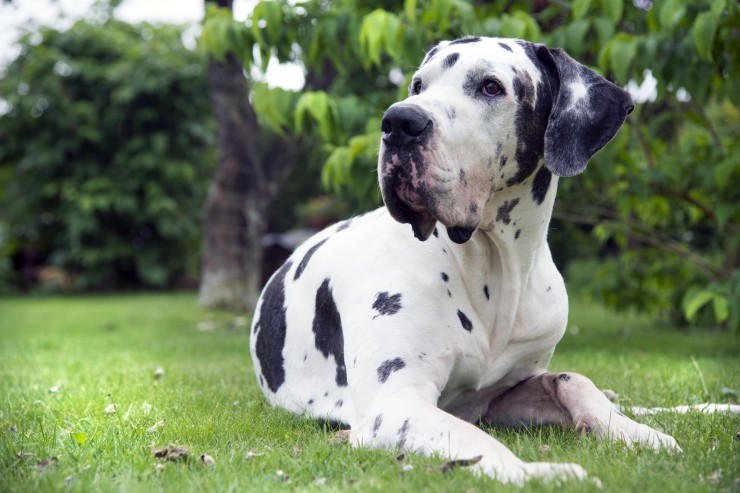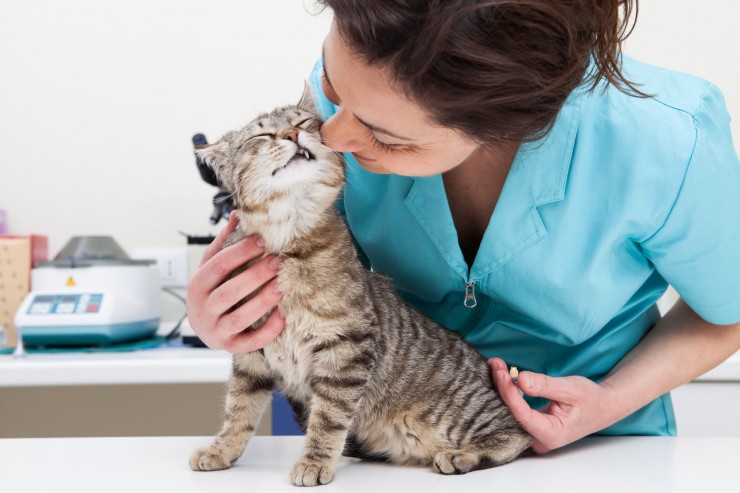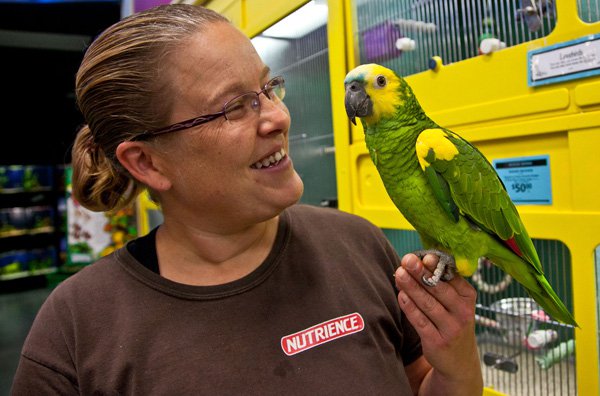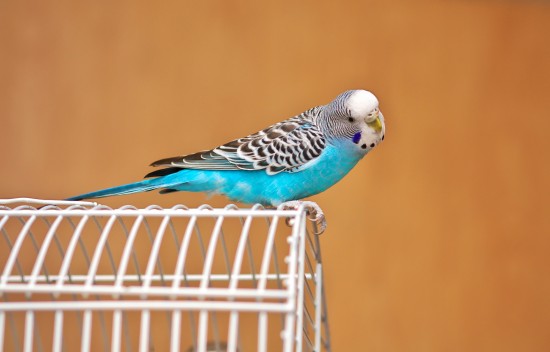

There's no doubt that Great Danes are more than impressive looking dogs that literally boast having larger than normal hearts. The breed is well known as gentle giants and for being loyal and affectionate dogs to be around. However, like many large breeds, the Great Dane also suffers from a heart condition known as dilated cardiomyopathy which sadly all too often, impacts their already short life spans.
Sadly, nobody really knows why Great Danes are prone to suffering from dilated cardiomyopathy, but there is a lot of research being carried out which hopefully will pinpoint reasons why some breeds suffer from this deadly disorder more than others. However, some studies suggest that enlarged hearts in certain breeds can be put down to the fact that dogs don't have enough levels of certain amino acids, namely taurine and carnitine in their make-up. It's a well known fact that taurine plays an important role when it comes to reducing the risk of a calcium build up in a dog's heart and that is also helps regulate heart beats. Carnitine on the other hand is essential when it comes to converting fatty acids into much needed energy and should these two amino acids not work properly together as they should it puts tremendous strain on a dog's heart muscle.
The fact that Great Danes have larger than usual hearts may not first appear to be such an problem, but in fact, this is not true because when a heart muscle gets stretched or dilated, it negatively impacts the heart's function and as a result it does not pump blood through it as it should. The heart has to work that much harder which in turn puts it under a lot of strain and eventually this lead to what is known as congestive heart failure which basically means a dog's heart gives out under the pressure.
Symptoms tend to be hard to spot and it's only when the disease is in its latter stages that most Great Dane owners realise there may be something wrong with their dogs which all too often means there is very little that can be done for them. The signs to watch out for include the following:
Although it is a well known fact the Great Danes boast larger than hearts, it can be hard for vets to establish whether a dog is at risk of developing the condition. With this said, vets recommend that owners regularly check their dog's breathing when they are resting or while they are sleeping. The way to do this is to count how many breaths the dog takes in a 15 second period before multiplying the figure by four. Should the final number be over forty, then it's a good idea to have your Great Dane thoroughly checked over by the vet.
A vet would need to carry out quite a few tests to see if your Great Dane does indeed have an enlarged heart and fortunately the majority of these tests are not overly expensive. They allow a vet to establish whether any fluid has built up in your pet's lungs and to establish whether their heart beat is rapid or not. This is the only way a vet would be able to make a correct diagnosis.
An enlarged heart cannot get smaller again which basically means there is nothing much that can be done for dogs once this happens. The good news is that the advancements in veterinary medicines has meant vets can now control the amount of fluid that builds up both in a dog's lungs and their abdomen with the downside being that because the condition is progressive, the amount of medication a Great Dane would need to be given has to be increased over time too.
Because the Great Dane is so susceptible to developing the disorder, vets recommend that owners do not feed a salty diet to their dogs and to avoid putting their pets through too much strenuous exercise, but this is only as a preventative measure that may help reduce the chances of the condition rearing its ugly head in the first place.
Sadly, Great Danes like many other large breeds suffer from dilated cardiomyopathy which vets often refer to as the "silent killer" with many of these magnificent dogs succumbing to the disease at very young ages. Once a Great Dane has been diagnosed with the condition which is typically when it's in its latter stages, dogs only survive for anything from 6 to 24 months. Vets can now treat the condition with certain medications but because the condition is progressive, a Great Dane with the disorder would have to have their medication increased over time to keep pace with the fact their condition has worsened. If you are thinking about sharing your home with a Great Dane puppy, it cannot be stressed strongly enough the importance of contacting a reputable breeder who screens all the dogs they use in a breeding programme for any disorders or you could end up with a Great Dane which sadly has often become known as a "heartbreak breed" of dog.
 Are Vaccination For Life Schemes Good Value For Money?
Are Vaccination F
Are Vaccination For Life Schemes Good Value For Money?
Are Vaccination F
 Learn how to train your dog in a gentle and effective way
Learn how to train your dog in a gentle and effective way
Learn how to train your dog in a gentle and effective way
Learn how to train your dog in a gentle and effective way
 Chicken Runs: So that Your Hens Can Roam Around Freely
Chicken Runs: So that Your Hens Can Roam Around Freely
Chicken Runs: So that Your Hens Can Roam Around Freely
Chicken Runs: So that Your Hens Can Roam Around Freely
 Behavioural Problems In Birds
Behavioural Probl
Behavioural Problems In Birds
Behavioural Probl
 Now drones to track, search and find your pets
Now drones to track, search and find your pets
Now drones to track, search and find your pets
Now drones to track, search and find your pets
Copyright © 2005-2016 Pet Information All Rights Reserved
Contact us: www162date@outlook.com